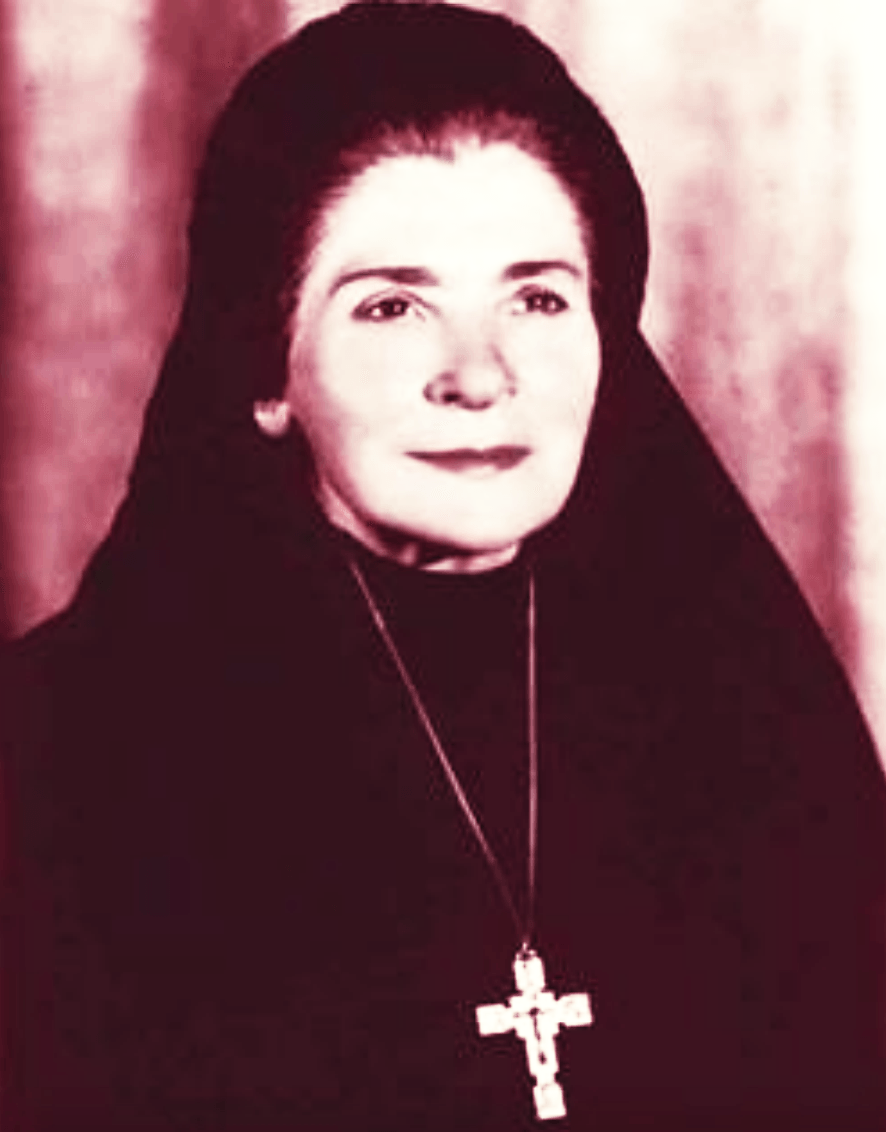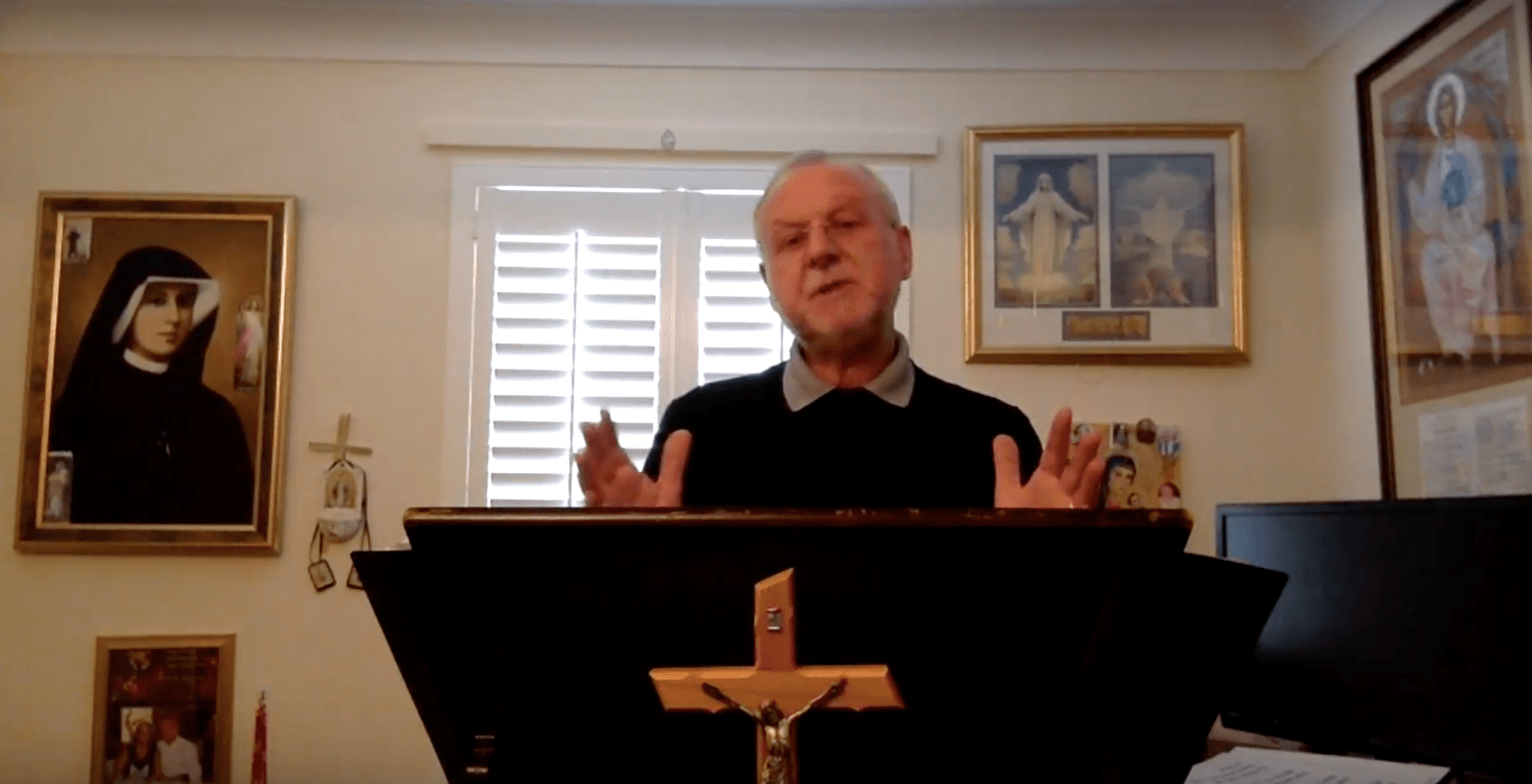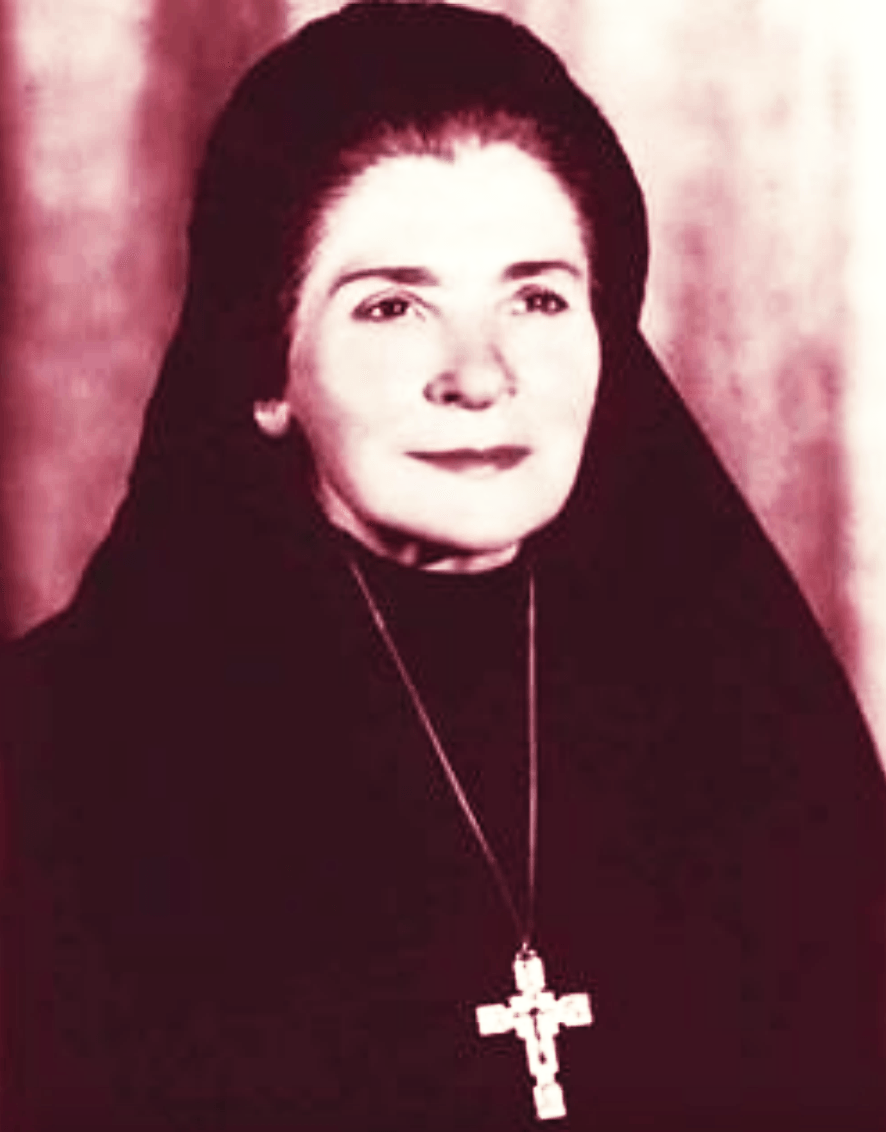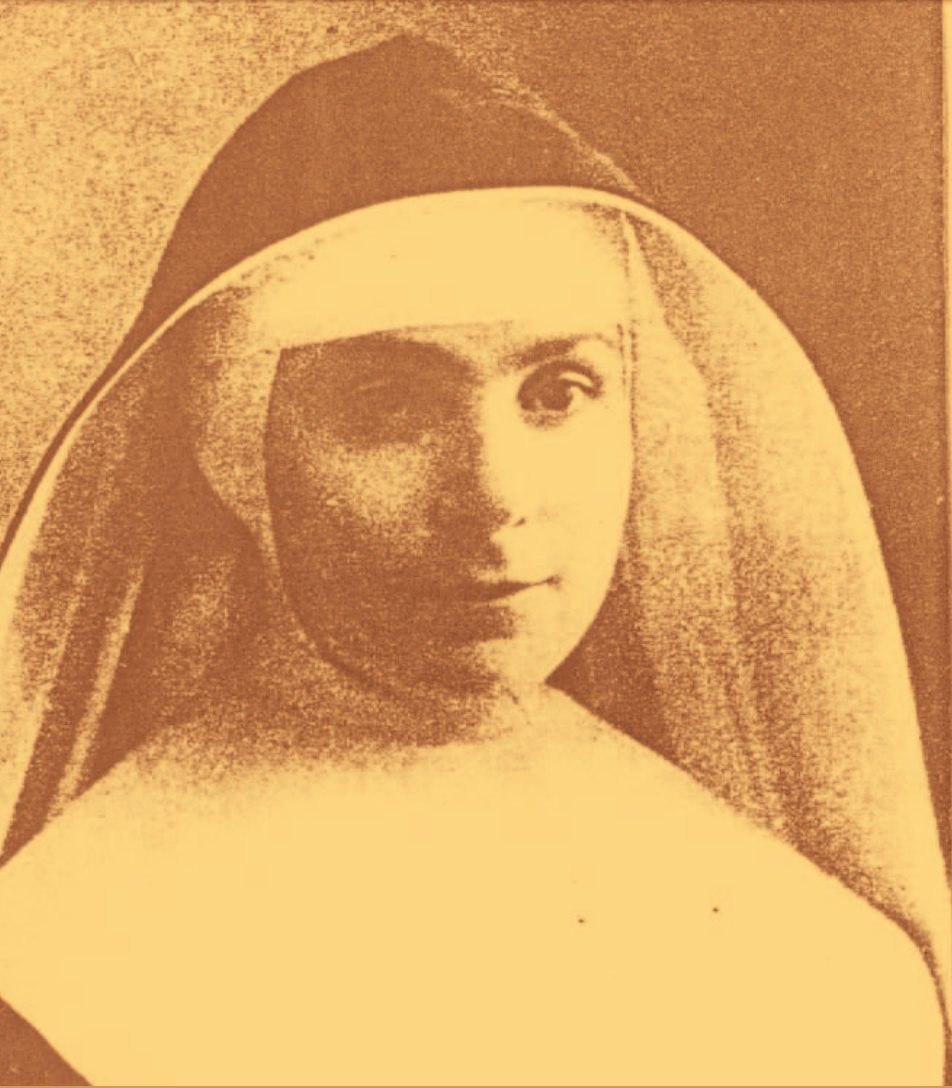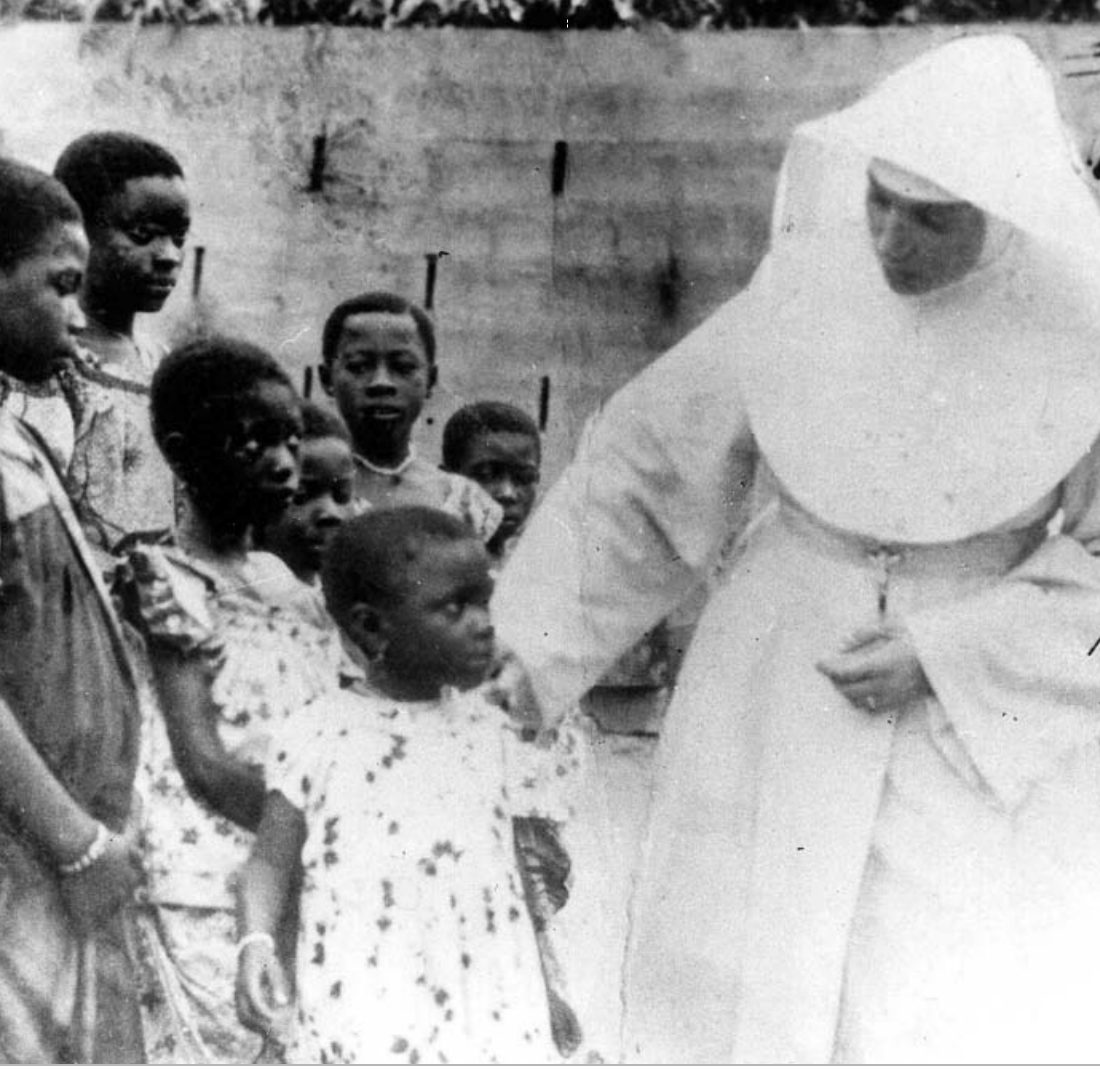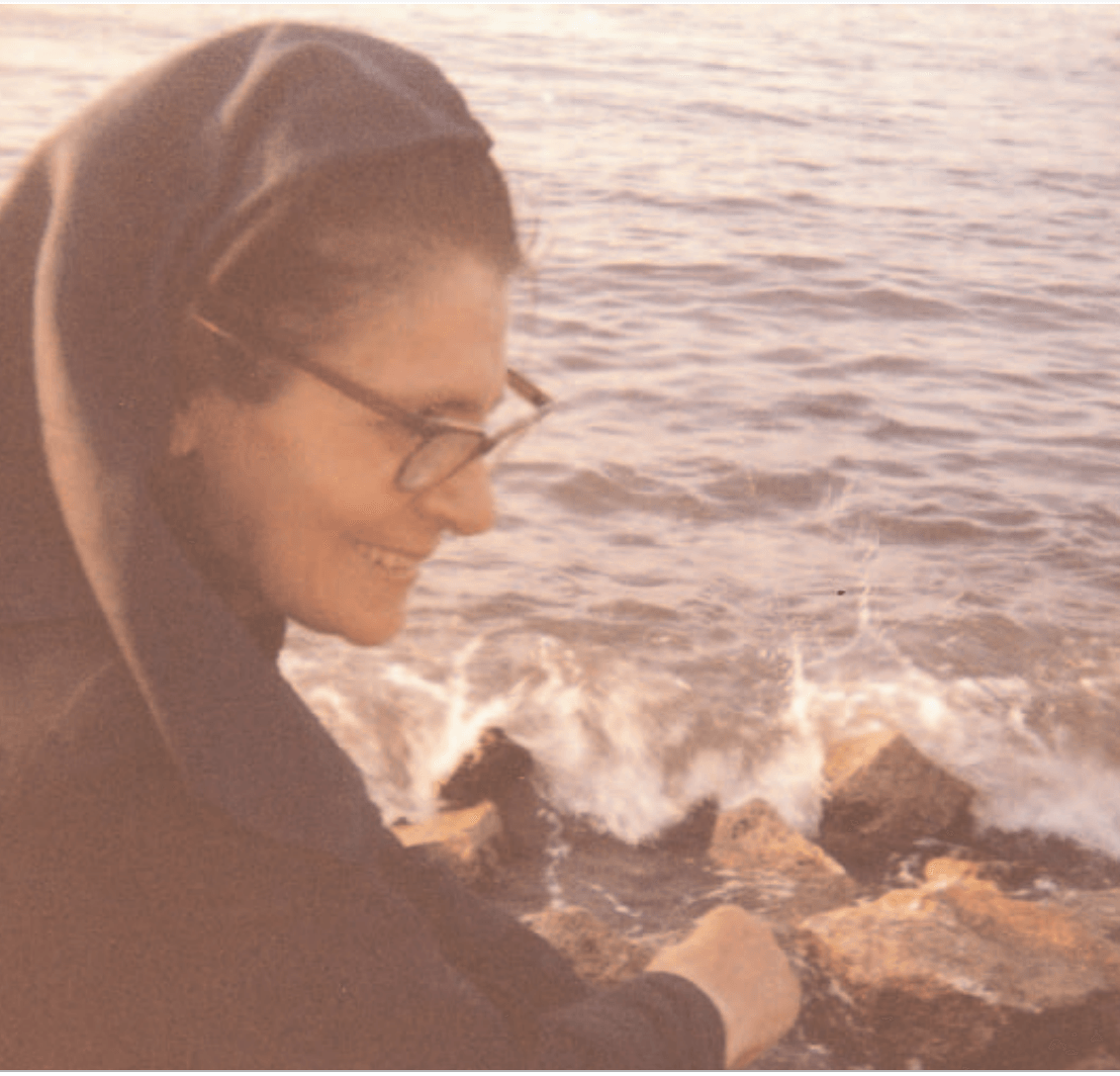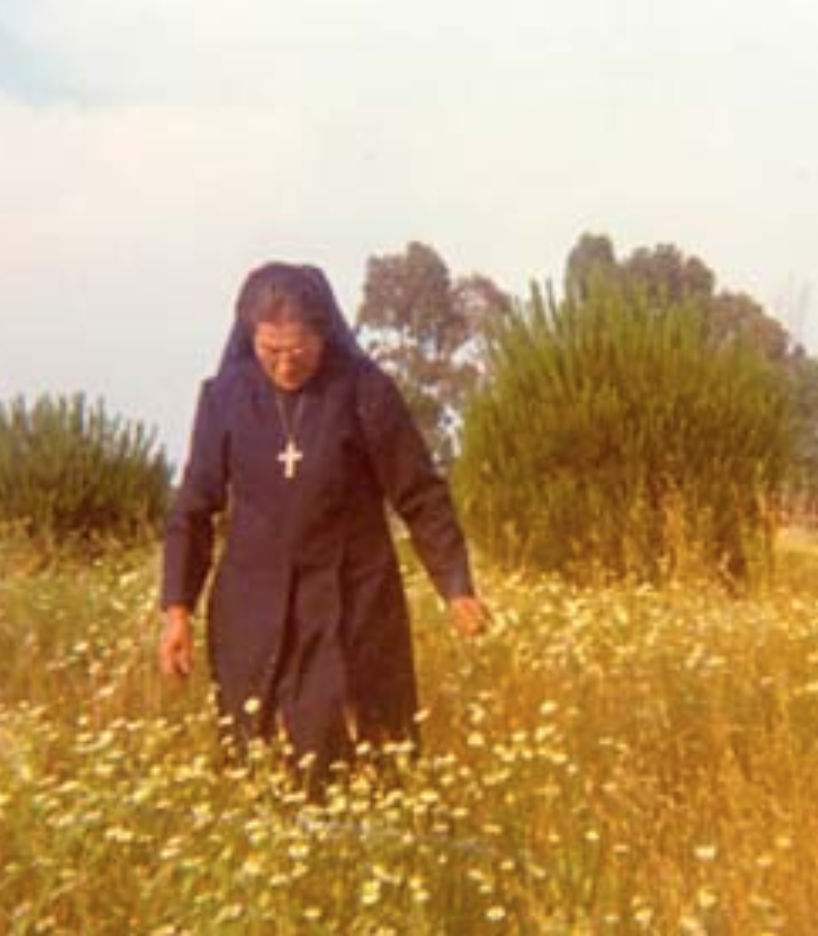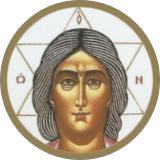Postulant
Bettina enters the missionary institute of Our Lady of the Apostles in Lyons, France, founded by Father Planque in 1868, who has recently opened a house for novitiates in Bardello, Italy, in the province of Varese, in an old castle abandoned a long time ago. 22 23
Her new life begins amid disappointments and bitterness; Bettina is soon convinced that the crosses she left behind in San Gervasio have followed her to the convent, and are revised and greater in number. These consist in the difficulty she has in learning French; in a communal life not characterized by the charity which she expected; in the most absurd and unworthy reproaches; in the cold which makes her hands bleed and full of chilblains; in the vegetable soup - the only thing that she could never eat at home - which she now must eat at breakfast, lunch and dinner; lastly, in the mice, snakes and carrots. And at this point we must make a digression.
The new postulant is sent to sleep in the room which gives access to the old tower which, throughout the decades of abandonment, has become the dominion and pasture of all the mice of the old castle. During their nocturnal raids they find an extraneous body - a bed - along their tradi - tional path, and they naturally climb over it in a continuous to and fro. Nobody has told them that Bettina is under the covers, scared stiff, and she doesn't say anything to the Superior for fear that she will have an unpleasant reaction.
When the night finally ends, and with it the terror of mice, a new day begins with the terror of snakes.
Bettina is given the task of removing the ivy which has covered all the walls and the ancient tree in the garden: she must take the climber from the base and pull until it comes off the wall and trunks. The job is rather simple and it would be child's play, if there weren't a lot of snakes nested between the ivy and the plants which - having suddenly woken up from their hibernation which has just begun - fall on Bettina along with the long shoots of ivy. Their number is a mystery because they never end and they fall down at every tug. Perhaps the first ones, evicted, have nested on the trees that still have to be cleaned; the fact is that Bettina, having overcome the nightmare of mice, only has the time to prepare herself for the nightmare 24 25
Novice
Bettina's probationship ends quickly and it is time for her novitiate which, with the taking of the veil, also involves a change of name. The name, which is chosen by the Superiors, is communicated during the official ceremony. “Your name will be Eugenia”. This is a shock for our postulant: in San Gervasio there is only one abnormal person, who is treated as the fool of the village and it is a woman whose name is precisely Eugenia. Bettina accepts this as well, without batting an eyelid. On the other hand, she receives the applause, not very liturgical, of her former boss and admirer who went to attend the ceremony with a large representation from the factory. As if that weren't enough, he also shouts “well done!” which leaves the priest, nuns, relatives and those present speechless: few people know that his name is Eugenio and that the name chosen for the novice is the only thing that he will have in common with Bettina, even though he is no longer her boss but still a devoted admirer.
The profession
The two years of novitiate are about to end, however there is much hesitation in letting the novice Eugenia make her vows. She is considered too weak, too thin and always ill; perhaps not even very intelligent, given her inability to hoe the carrots and learn French. There is talk about sending her back home and she isn't given permission to prepare her veil - the symbol of total consecration to God - like the other girls: “What sorrow! My friends were preparing their veil and I wasn't; hidden tears, moaning, prayers … I was waiting for the day and hour… and I hoped”.
If the nuns hesitate about admitting her to the profession it means that they haven't understood the miracle which Grace has performed in the
spirit of their novice who, without even realizing it, has penetrated in the heart of the Trinitarian mystery. We can infer this from a story she herself
tells with enchanting simplicity:
“When I was a young girl I found that the Our Father was too long and moreover, that Father who was always angry which I had in a picture above my bed scared me. Going to Heaven with that Father was scary! And poor Jesus, what a stern Father he had! Well, I will say the Hail Mary… During the last months of my probationship I felt persecuted by the images of the Eternal Father which followed me everywhere, one more severe than the other… How many punishments I used to receive because we had to memorize the prayers in French but I just couldn't learn the “Notre Père”. Close to my taking of the veil of 8 September 1928, by means of the holy rosary which I liked to recite but also meditate, the Most Holy Virgin made me understand that Catholic and especially religious life is not only a contemplation, but an entering into communication and participation with the Divine Family. But for me, a poor ignorant person, entering into the Divine Family seemed to me audacity and presumption.
